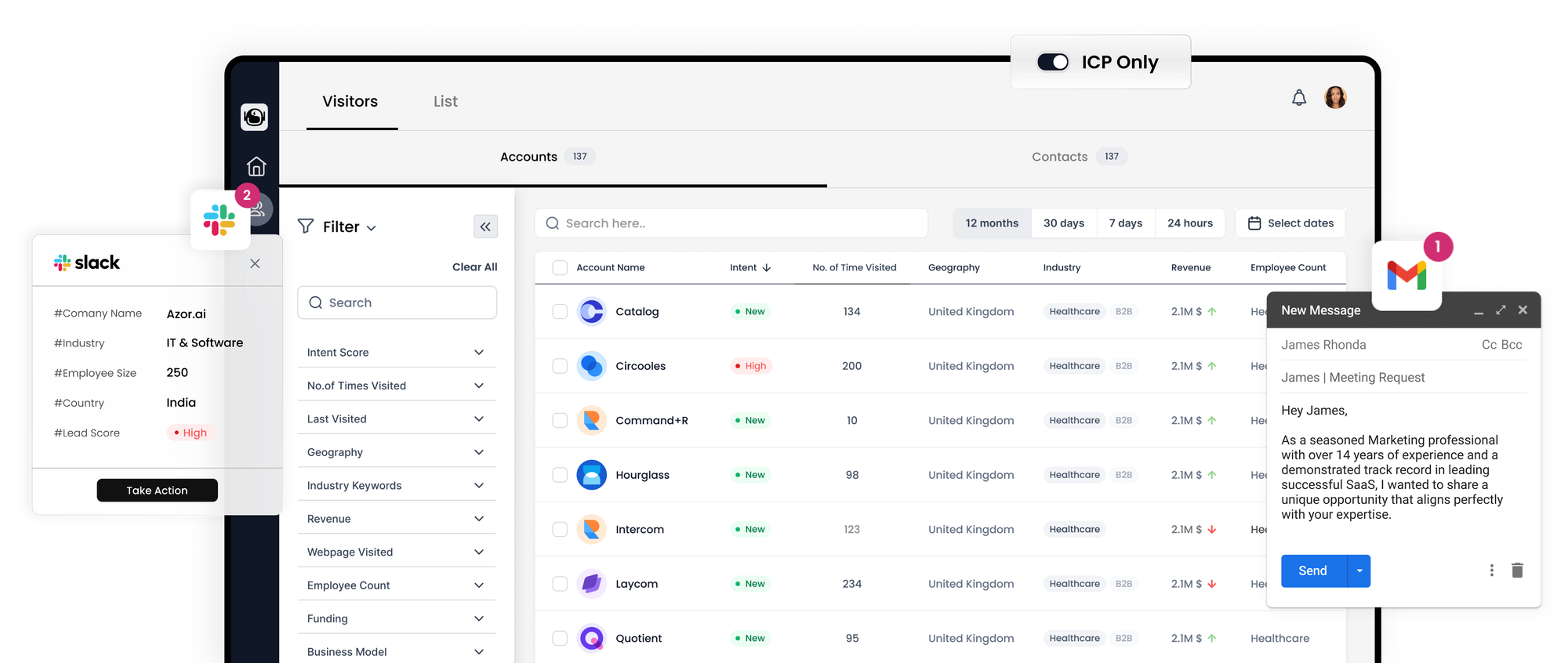B2B Sales Explained: Definition, Processes, and Strategies

B2B sales encompass unique challenges and intricacies. They often entail lengthy deal cycles, involve numerous decision-makers, and require sales representatives to possess deep knowledge of their offerings. In the contemporary remote or hybrid business landscape, digital communication skills are indispensable for sales professionals. Let's delve into the fundamentals of the B2B sales process.
Understanding B2B Sales
B2B sales, or business-to-business sales, entail transactions between businesses where products or services are exchanged. Success in B2B sales hinges on a deep understanding of the buyer's business needs and delivering tailored solutions. B2B sales demand strong relationships, effective communication, and clear demonstrations of value.

Typical Examples of B2B Sales
B2B sales cover a broad spectrum, from manufacturing to professional services. Here are several common examples:
- **Manufacturing**: Deals involving industrial machinery or specialized equipment.
- **Software Solutions**: Providing bespoke software systems to enhance business operations.
- **Professional Services**: Offering expert advice and services like consulting or marketing.
- **Business Consulting**: Delivering strategic advice and specialized training to businesses.
- **Wholesale Distribution**: Supplying goods in bulk to retail businesses or other intermediaries.
- **Office Supplies and Services**: Catering to the operational needs of other businesses with essential office products and services.
B2B vs. B2C Sales
B2B and B2C sales are differentiated by their target customers. B2B sales target other businesses, while B2C sales focus on individual consumers. Key distinctions include:
- **Pricing**: B2B offerings typically command higher prices.
- **Market Size**: B2C targets a vast consumer base, while B2B has a narrower, more specialized market.
- **Sales Complexity**: B2B sales processes are more intricate than the often impulsive B2C transactions.
- **Decision-Making**: B2C purchases usually involve individual decision-makers, whereas B2B transactions require collective approval from multiple stakeholders.
Role of a B2B Sales Representative
A B2B sales rep is a skilled professional who strategically engages with business clients, often who have already researched potential purchases. The rep's responsibilities span across:
- Managing sales communications and meetings.
- Demonstrating and pitching products or services.
- Building rapport and addressing customer concerns.
- Prospecting, lead qualification, and closing deals.
- Managing customer accounts and supporting post-sale.
B2B Outside Sales vs. Inside Sales Reps
The distinction between B2B outside and inside sales reps lies in their customer engagement approach. Outside sales reps traditionally meet clients in person, while inside sales reps interact remotely via calls, emails, and virtual meetings. With the advent of digital tools, the lines between these roles are increasingly merging, with outside reps adopting remote engagement tactics.
Choosing B2B Sales Automation Tools
When selecting B2B sales automation tools:
1. Understand Your Business Goals: Identify what you aim to achieve with the tool to determine necessary features.
2. Budget Consideration: Align tool choices with your financial capacity, ranging from free versions to premium services.
3. Feature Evaluation: Seek tools that offer specific functionalities to meet your sales objectives.
4. Compatibility Check: Ensure the tool integrates seamlessly with your existing systems.
5. User Feedback: Research user reviews to gauge the tool's effectiveness and user satisfaction.
By addressing these factors, you can select an appropriate B2B sales automation tool that complements your business strategy and enhances performance.
Understanding the B2B Sales Process
The B2B sales process is a sophisticated and strategic journey, necessitating a well-structured plan to navigate successfully. While specific stages can vary by industry and company, a typical B2B sales cycle encompasses 5 to 8 distinct phases. These stages are designed to systematically guide a sales team from the initial contact with a potential buyer through to closing the deal.
B2B Sales Funnel: Mapping the Buyer's Journey
The B2B sales funnel mirrors the buyer's journey, charting the progression from initial awareness to the final purchase decision. It's a conceptual model that illustrates a prospect's evolving engagement and readiness to buy. A standard 7-step B2B sales funnel might include:
1. **Awareness**: Capturing the prospect's attention.
2. **Interest**: Piquing their curiosity about the solution.
3. **Decision**: Evaluating the options.
4. **Purchase**: Making the commitment.
5. **Evaluation**: Assessing the purchase decision.
6. **Delight/Dissatisfaction**: Reflecting on the post-purchase experience.
7. **Repurchase/Attrition**: Deciding whether to continue or cease the business relationship.
Executing a B2B Sale: A Multi-faceted Approach
B2B sales hinge on a blend of factors including sales expertise, process efficiency, product-market fit, competitive landscape, and the buyer's readiness to commit. Aligning these elements involves crafting a dynamic sales strategy, selecting effective sales techniques, and continuously refining sales playbooks based on performance data.
B2B Sales Techniques: Tailoring to Fit Your Business
Numerous B2B sales methodologies exist, each with its own strengths and contextual benefits. Whether it's Solution Selling, The Challenger Sale, or Account-Based Sales, the efficacy of a technique hinges on its alignment with your business model, sales structure, and customer profile. Regular KPI monitoring enables sales leaders to gauge the impact of these methodologies on their teams' performance.
Navigating B2B Sales Challenges
B2B sales landscapes are rife with challenges, from aligning sales and marketing to overcoming resistance to new technologies. As we navigate post-pandemic uncertainties and economic shifts, efficiency has become the cornerstone of B2B sales strategies. Resources such as webinars on sales technology, eBooks on rep productivity, and articles on deal visibility can provide guidance for adapting to a fluctuating market.
Tips for Elevating B2B Sales
To boost B2B sales effectiveness, consider the following strategies:
- **Personalize Interactions**: Harness technology to customize communications at scale.
- **Invest in Training**: Continuous learning is essential; B2B buyers expect interactions with knowledgeable and empathetic professionals.
- **Foster Genuine Connections**: Use active listening and thoughtful questioning to build relationships across various channels, including mobile, social media, and events.
- **Support with Sales Ops**: A dedicated sales operations and enablement team can streamline processes and enhance sales outcomes.
- **Embrace Advanced Tech**: Beyond CRM, leverage sales engagement platforms and conversation intelligence tools to inform decision-making.
- **Showcase Success**: Publicize positive feedback and success stories to reinforce your value proposition.
- **Align Teams**: Ensure strategic coherence across all customer-facing units for a seamless customer experience.
By implementing these tips and continuously refining your sales approach, you can create a more effective and responsive B2B sales operation that resonates with today's sophisticated buyers.
